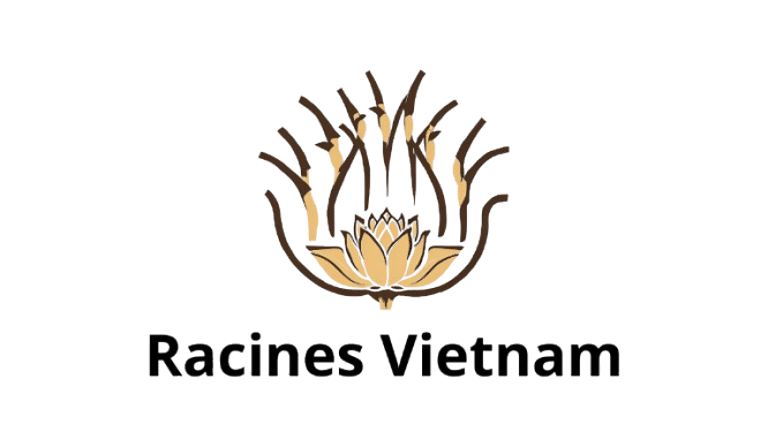“A blog created by an adopted Franco-Vietnamese for all those seeking to reconnect with their origins.”
International Adoption Process 2025: Key Steps, Dossier & Legal Guide
Discover the full process of international adoption in 2025: eligibility, dossier preparation, matching, legal steps, and post-adoption integration tips.
2/17/20253 min read


The Administrative Process of International Adoption: Essential Steps and Procedures
Introduction: Understanding International Adoption
International adoption is a structured legal process governed by national and international laws designed to protect the child welfare and best interests of every child.
It allows adoptive families — whether married couples, single parents, or individuals facing infertility — to adopt a child from abroad, including newborns, orphans, and waiting children from foster care systems.
This complete guide explains how to adopt internationally, covering eligibility, adoption services, legal steps, and long-term adoption assistance.
1. Conditions for Adopting a Child Abroad
Eligibility Criteria for Adoptive Parents
To pursue child adoption internationally, adoptive parents must meet essential requirements:
Age and Marital Status: At least 28 years old or married for over two years.
Parenting Skills: Ability to offer emotional, educational, and financial security.
Home Studies: Conducted by a social worker to assess home readiness.
This evaluation ensures that prospective parents are equipped to care for adopted children, including children with special needs or those with histories of neglect.
Requirements Set by Countries of Origin
Countries apply additional criteria, such as:
Accepting domestic adoption first before offering children for intercountry adoption.
Medical, age, or financial thresholds for adoptive families.
Specific policies around private adoption versus adoption services involvement.
International laws, including the Hague Convention, ensure respect for birth parents and the ethical placement of children in foster care or orphanages.
2. Adoption Approval and Building the Dossier
Adoption Approval (Agrément) and Home Study
The home-study process evaluates:
Parenting capacities.
Housing conditions and financial stability.
Readiness to embrace openness toward the child's background, including potential relationships with birth mothers in case of open-adoption.
An approved home-study is necessary for international or domestic adoption processes.
Preparing the Adoption Dossier
A complete file submitted to an adoption agency includes:
Medical and financial documents.
Motivation letter explaining your desire to adopt children.
Proof of marital status, citizenship, and income.
Any existing adoption records if already involved in foster care and adoption pathways.
Professional support from adoption agencies or an adoption attorney helps streamline this phase.
3. Country Selection and Referral Matching
Choosing a Country for Adoption
Factors include:
Treaties and agreements (such as the Hague Convention).
Type of children available: newborns, siblings, children in foster care.
Specific openness policies on adoption information sharing with birth parents.
The Referral and Acceptance Process
The referral process consists of:
Proposing a child fitting the family’s dossier.
Reviewing comprehensive child files (health, social history, expectant parent situations).
Families can be matched with:
Infant adoptions.
Older children needing stability.
Sibling groups to maintain child and family bonds.
Acceptance of a referral officially initiates the final legal stages.
4. Legal Finalization of the Adoption
Judicial Recognition
Once the match is accepted:
A court in the child’s home country validates the adoption under its adoption law.
In Hague-compliant countries, the adoption is directly recognized in France.
Otherwise, a full (plenary) adoption must be pursued domestically.
An adoption attorney can assist in ensuring the smooth processing of all documentation and cross-border formalities.
5. Returning to France and Integration
Civil Status Registration
Full adoption grants automatic French nationality to the child.
Simple adoption requires additional residency steps for citizenship eligibility.
Registration solidifies adoptive parent rights and ensures the child's integration into their new adoptive family.
Post-Adoption Follow-Up and Assistance
Post-placement supervision may be required:
Follow-up reports are mandated by some countries.
Focus on education, emotional well-being, and family adjustment.
Support services offered by adoption agencies, NGOs, and adoption centers help both adoptees and parents manage transitions and address challenges such as:
Emotional support for children with past neglect or abuse.
Navigating issues of openness in adoption.
Cultural reintegration for international foster care adoption cases.
Financial Considerations
Adoption Costs and Financial Support
International adoption involves:
Adoption costs (legal fees, travel, agency costs).
Additional expenses for finalization, translations, etc.
Financial support includes:
Adoption subsidies for families adopting children in foster care.
Adoption tax credits available under French tax laws for qualified expenses.
Frequently Asked Questions about International Adoption
How to adopt internationally?
Start with a home-study, apply through a licensed adoption agency, and follow all legal and administrative procedures until finalization.
Can I adopt a newborn internationally?
Yes, infant adoption is possible, but most countries prioritize waiting children already in foster care or orphanages.
What role do adoption agencies play?
Adoption agencies and adoption services guide families through eligibility checks, dossier preparation, referrals, and post-placement support.
Are adoption costs high for international cases?
Yes, international adoption costs can range between €10,000 and €30,000 depending on the country and services needed.
Is openness common in international adoption?
While open-adoption is standard in some countries, most foreign adoptions remain semi-closed with limited direct contact with birth parents.
Conclusion: Building a New Future, One Child at a Time
International adoption offers the chance to form forever families for children in need worldwide.
From careful paperwork and home studies to heartfelt connections with adoptees, every step prioritizes the welfare and dignity of every child.
Interested in beginning your adoption journey?
Contact a licensed adoption agency or explore adoption centers to start building your family's future today!
Main Menu:
Explorations:
Resources & Immersive Content
Community & Support
Legal & Languages
Contact & Social Networks
✉️ contact@racinesvietnam.com
📱 Instagram | Facebook | YouTube
©️ Copyright
© 2025 RacinesVietnam.com — Tous droits réservés
Site indépendant, créé sans code, hébergé par Hostinger
